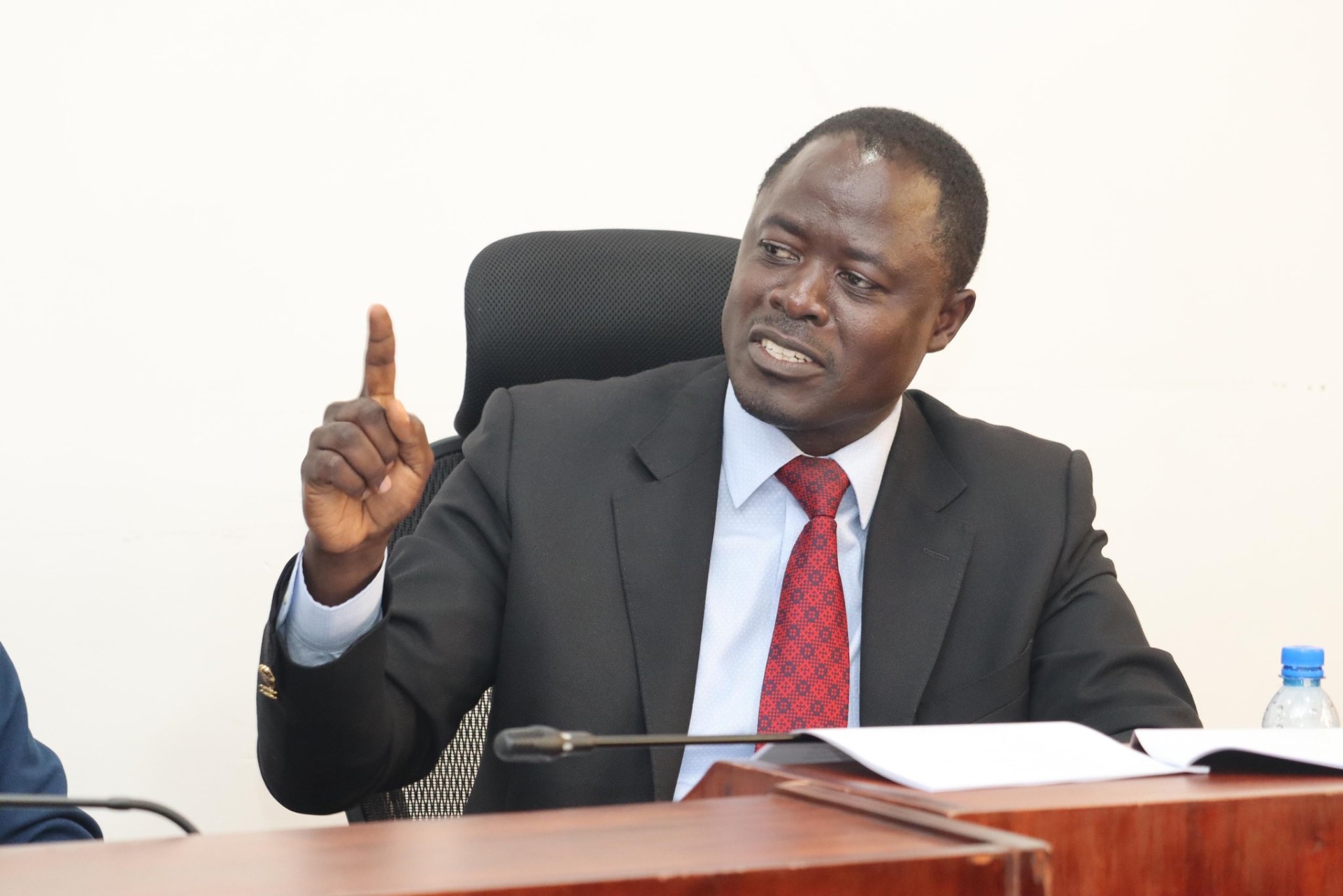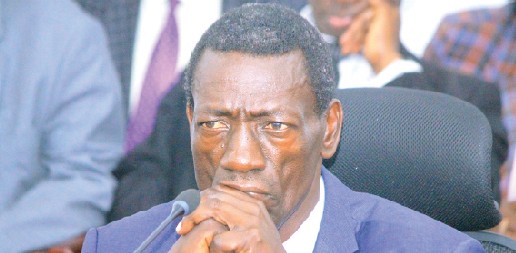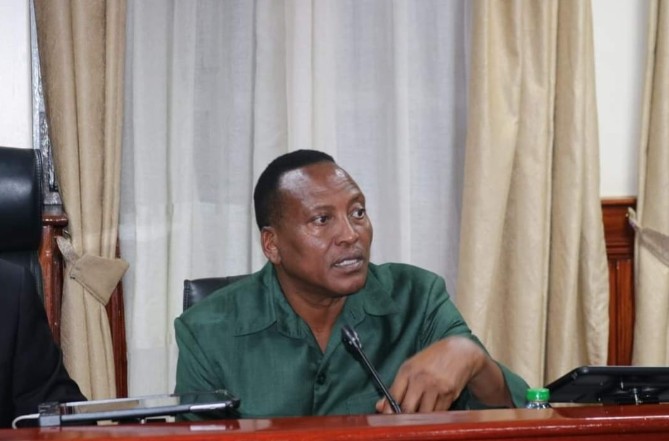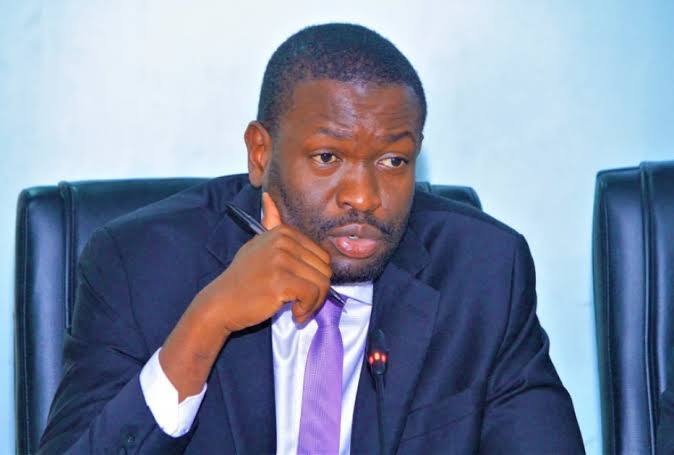Ruto officially writes to the Speaker to withdraw Finance Bill 2024
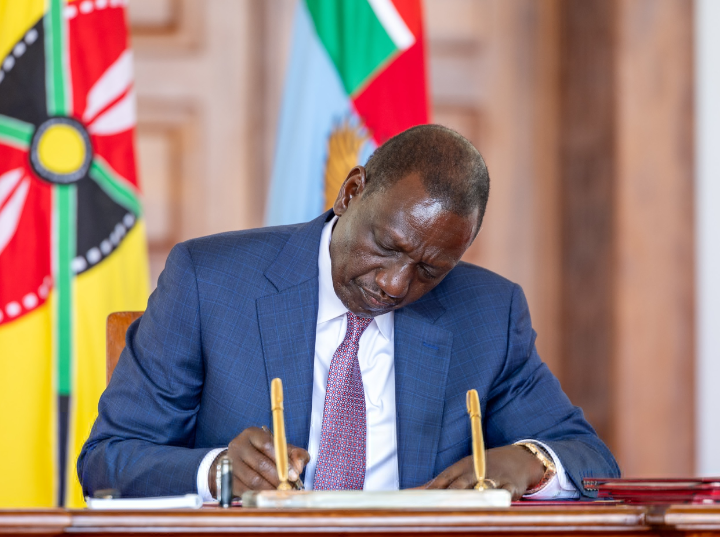
President William has officially written to the Speaker of the National Assembly Moses Wetang’ula to withdraw the Finance Bill 2024.
In a statement on Wednesday, June 26, 2024, Ruto expressed his decision to withdraw the bill, saying it was informed by widespread public dissatisfaction with the contents of the bill.
“This evening President William Ruto, having received the Finance Bill 2024 from the Speaker of the National Assembly, in exercise of the powers conferred by article 115 (1) (b) of the Constitution, has declined to assent to the said bill,” the statement read.
In the Presidential memorandum of referral, Ruto directed that the Finance Bill 2024 be taken back to Parliament for reconsideration.
“Taking into consideration the widespread expression of dissatisfaction by members of the public on the contents of the Finance Bill 2024; now therefore, in exercise of the powers conferred to me by article 115 (1) (b) of the Constitution and having reservations on the contents of the bill in entirety, I decline to assent to the Finance Bill 2024 and refer the bill for reconsideration by the National Assembly with the recommendation for the deletion of all the clauses thereof,” the memorandum noted.
Ruto concedes
This came after President Ruto said he was conceding to the members of the public who have held protests since the bill was introduced to Parliament for what they called punitive tax measures.
However, Parliament would continue with the controversial Finance Bill 2024, amid protests by opposition members of Parliament who called for the rejection of the bill in its entirety in solidarity with the protesters.
On Tuesday, June 25, 2024, the protests hit fever-pitch when protesters made true their intention to occupy the Parliament building.
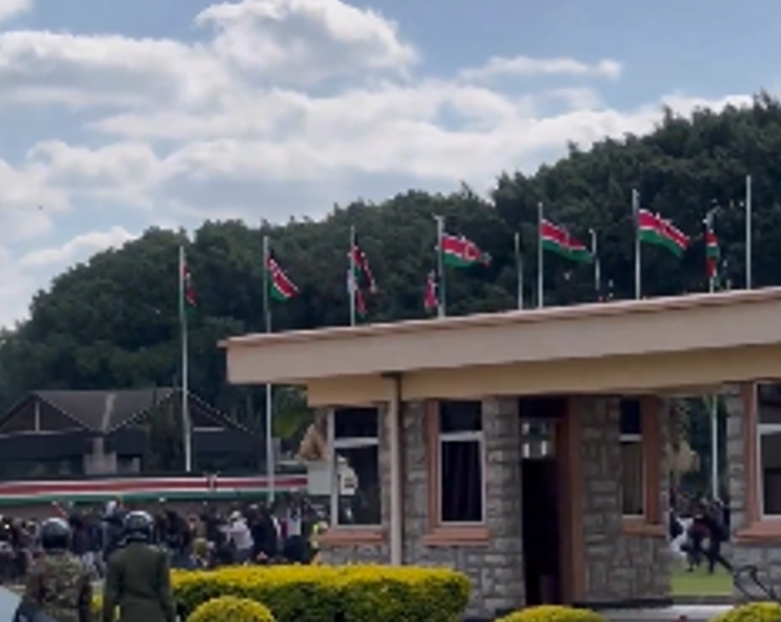
Anti-tax protesters make their into parliament on Tuesday, June 25, 2024. PHOTO/@ItsMiller_G/X
The bill was passed on Tuesday, June 25, 2024, after 195 members of Parliament voted in favour and 106 against with three abstentions.
In a record time, Parliament approved the controversial bill as protesters engaged police in running battles outside Parliament and Nairobi city streets with the hope that President Ruto would sign it into law.
The bill was adopted with amendments including the scrapping of the motor vehicle tax, and removal of VAT on bread and financial services but other taxes like the Railway development levy remained at 2.5 per cent on customs value and 3.5 per cent for the import declaration fee.
“Notwithstanding all these concessions, it became evident that members of the public were still insisting on the need for us to make more concessions,” Ruto added.
Before you go…how about joining our vibrant Telegram and WhatsApp channels for hotter stories? Telegram: Telegram Channel
WhatsApp: WhatsApp Channel
Author
Arnold Ngure
General reporter with a bias for crime reporting, human interest stories and tech. Reach out via: arnold.ngure@mediamax.ke
View all posts by Arnold Ngure
